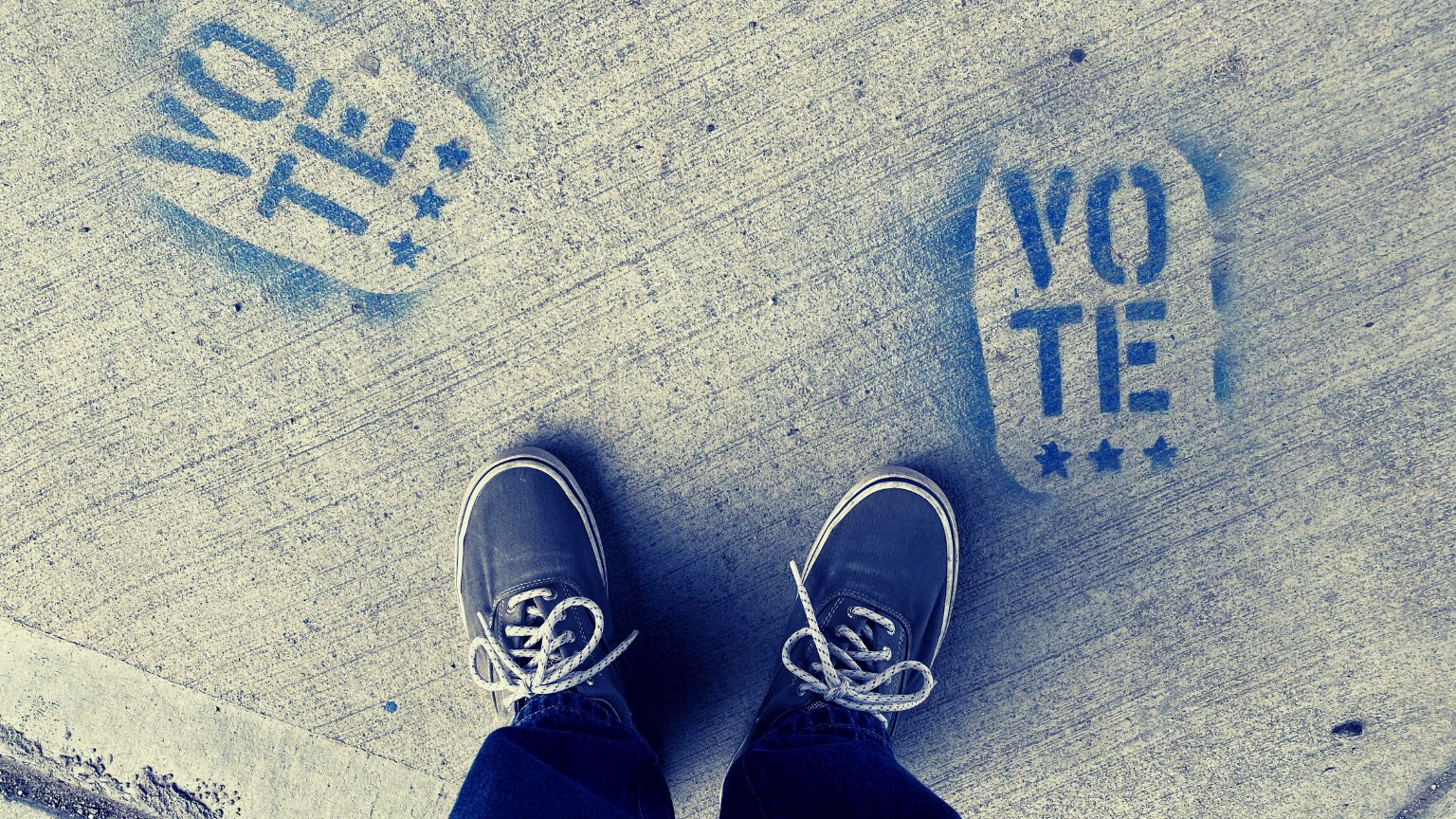It’s starting: the next US presidential election is a year and a half away, but already various groups and power centers are trying to make sure that social media behave exactly as they expect.
Pressure is coming in various forms – with Big Tech creating “alternatives” to existing widely-used, but fallen-out-of-favor platforms, to subtle and not-so-subtle demands for even more censorship.
Thus Vote.org – a non-profit that says it is using technology to simplify political engagement, increase voter turnout, and strengthen American democracy – is already critical of the “quality” of censorship on Meta’s nascent Threads, conceived as a competitor to Twitter.
Once again, it’s “disinformation” – not information they don’t like – that is allegedly the problem for the likes of Vote.org. In a conversation on NPR, Threads is said to already have millions of users – but has not yet gotten down to work to “outline” how it intends to stop what is or will be, perceived as “election misinformation.”
According to NPR, (select) voting rights groups are now concerned about this. And they didn’t waste any time to bring pressure to bear: only a couple of days after Threads rolled out, the platform received a letter from them, seeking to make sure it toes the line regarding “election misinformation.”
Not likely something they can expect from Twitter – which released a large number of internal documents showing how the government/Big Tech colluded to censor speech under the guise of fighting all sorts of “misinformation.”
Hence the need to create Threads, in a bid to minimize Twitter’s influence in the coming election. But what more do the “voting rights” groups want?
Vote.org CEO Andrea Hailey told NPR that they expect to see “a real plan” from Threads, to ensure that first presidential primaries, and then the election, go to plan.
Of particular concern, is “disinformation” about voter registration and polling stations. And Vote.org and others like it want Threads to have very clear rules about suppressing posts that address these issues in a manner they disapprove of.
Meta has not yet written back to Vote.org, but the giant told NPR that the rules in place on Facebook also apply to Threads.






















